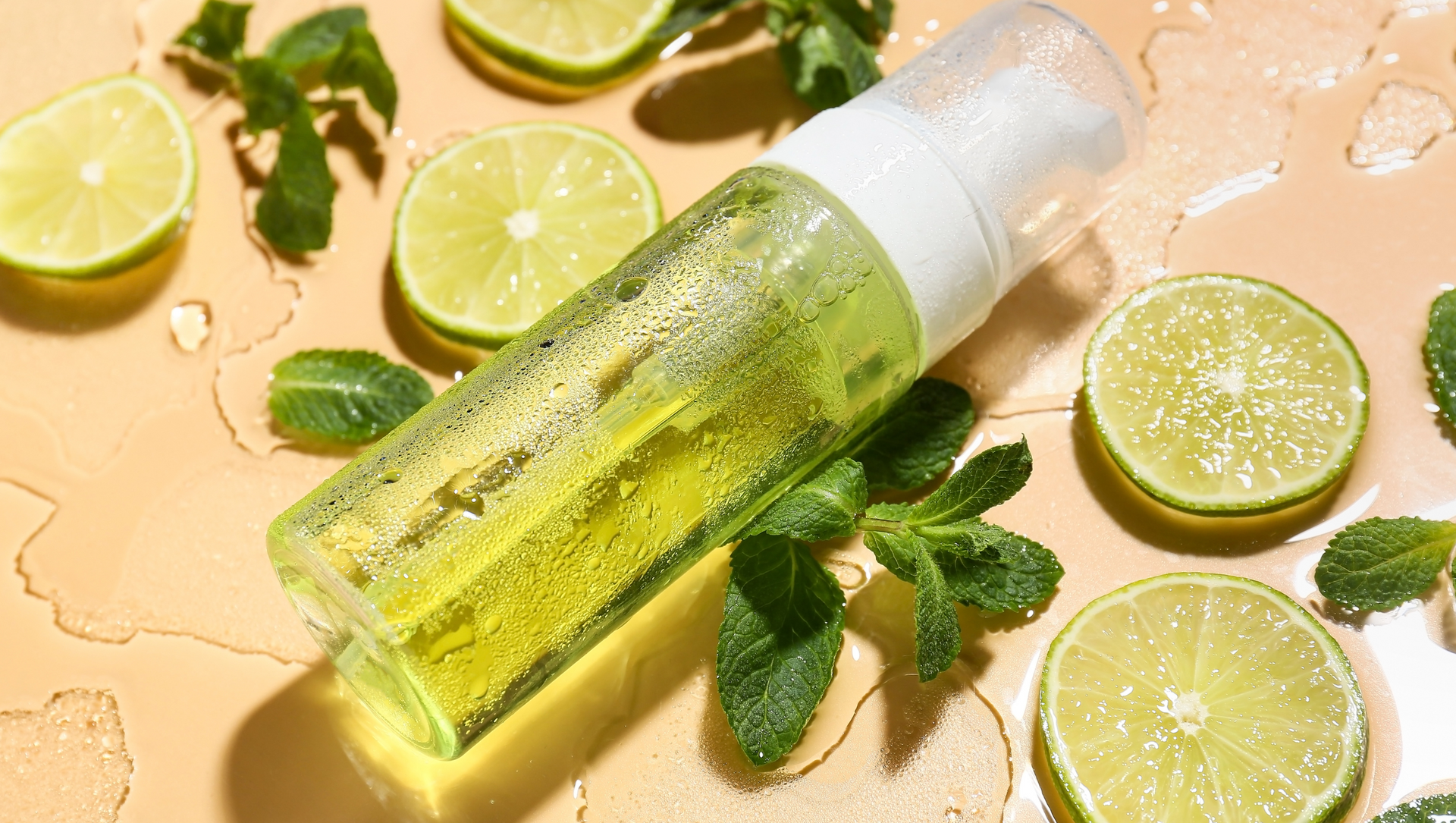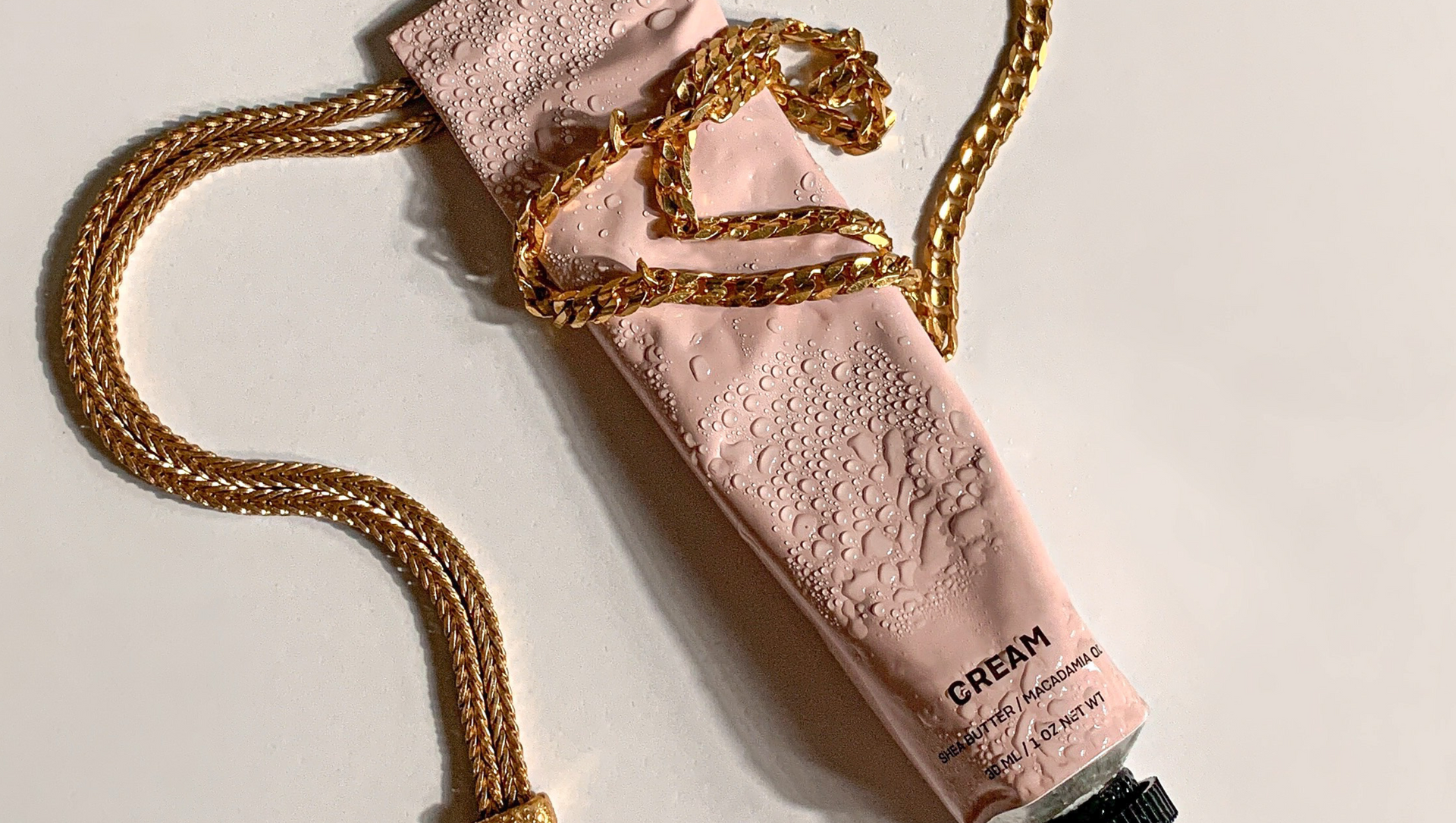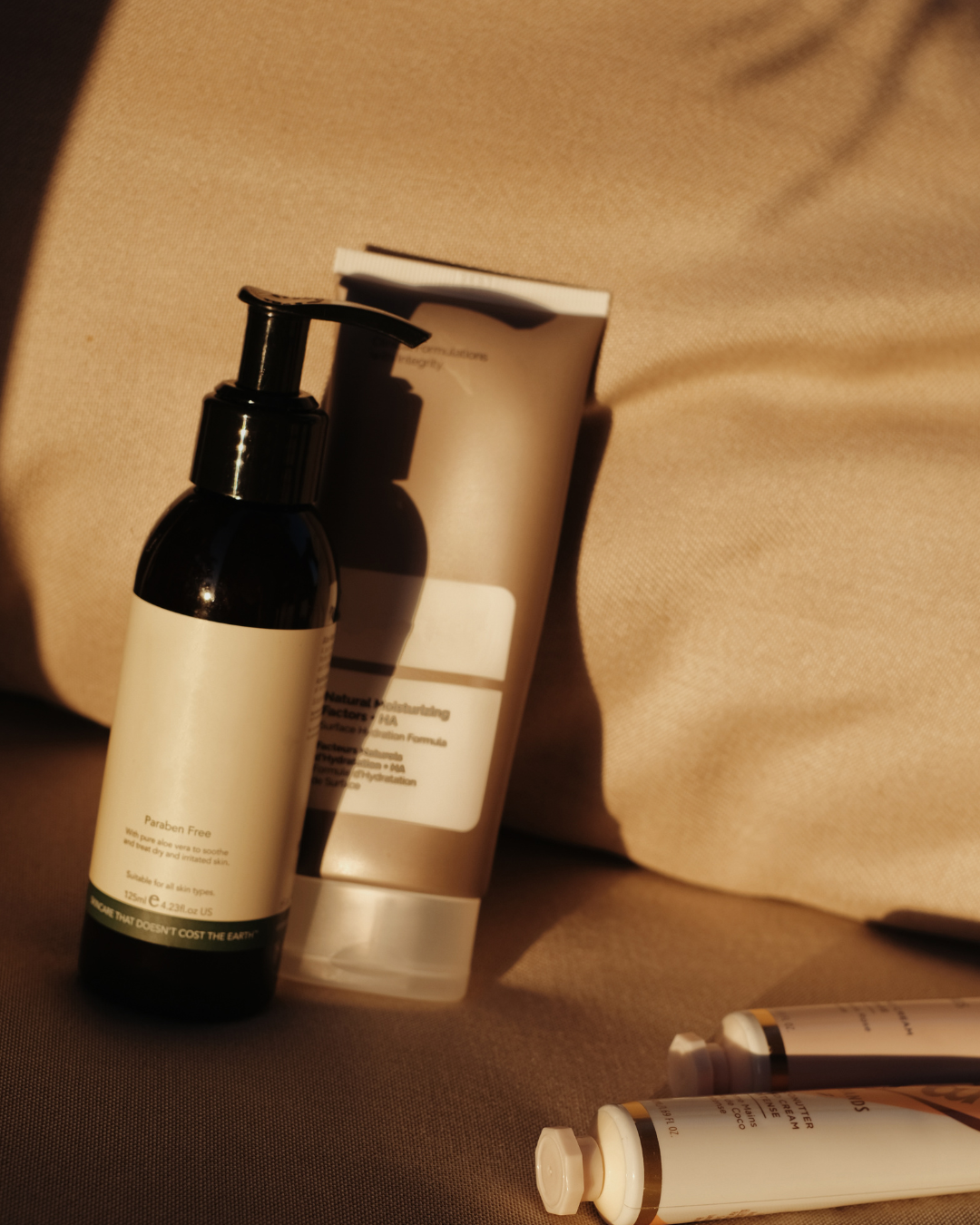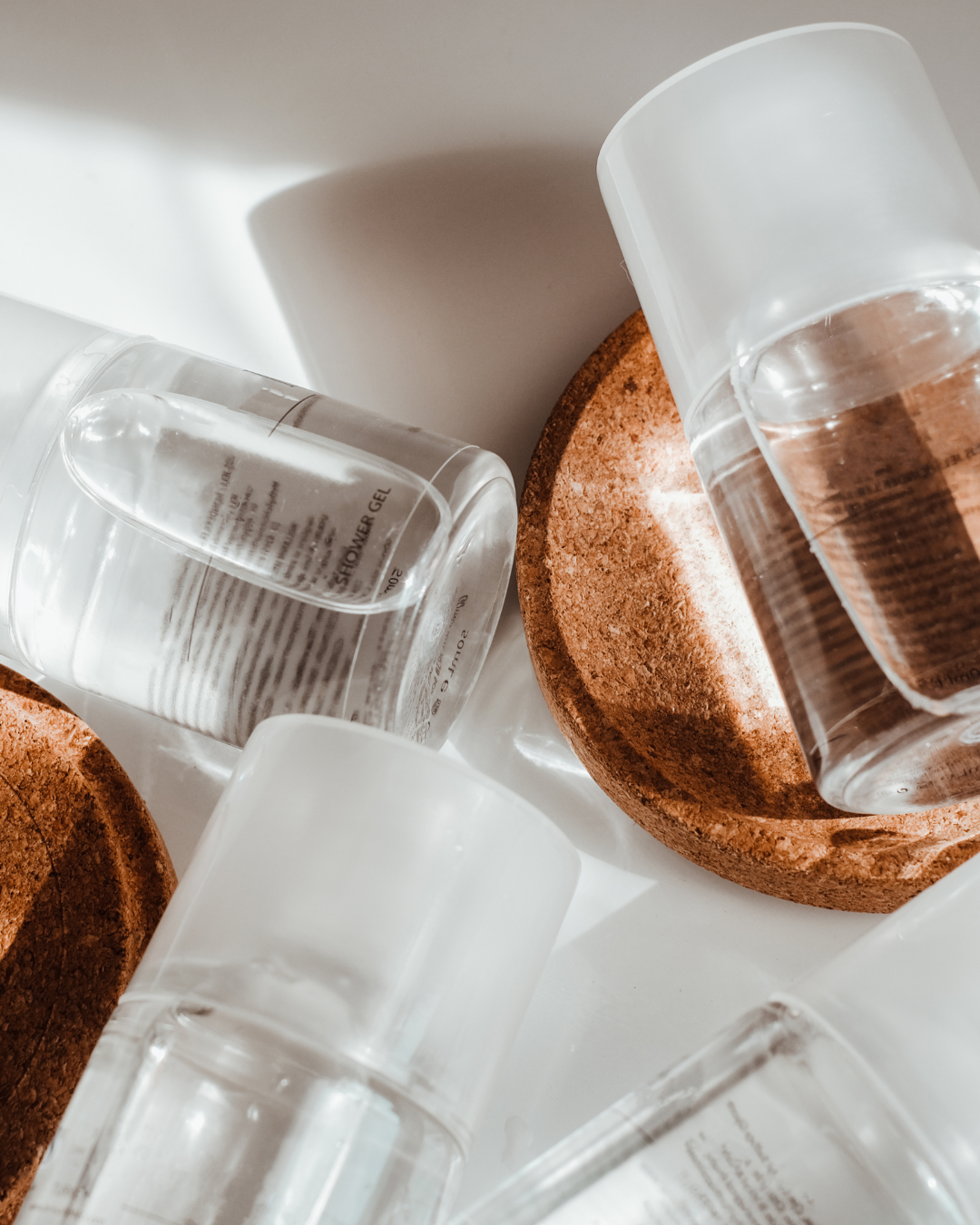Launching a beauty brand is exciting—but also full of pitfalls. At AURA, we’ve helped cosmetic startups avoid costly mistakes. This post outlines the top 5 challenges first-time founders face—and how you can avoid them.
Whether you’re dreaming up your first serum or scaling your skincare empire, here are five critical mistakes new beauty entrepreneurs often make—and exactly how to avoid them.
Mistake #1: Starting Without a Clear Product Strategy
Many founders jump straight into samples and scents without thinking through what their brand stands for, who it serves, or why it’s different.
Why it matters: Without a focused product strategy, you risk ending up with a “me-too” product that blends into the crowded market.
Avoid it by:
- Defining your hero product (not a full line—yet)
- Nailing your target audience and use case
- Clarifying your value proposition
Mistake #2: Choosing the Wrong Manufacturing Partner
It’s tempting to go with the fastest or cheapest option—but not all manufacturers are created equal.
Why it matters: A poor formulation, slow communication, or lack of compliance can destroy your launch before you start.
Avoid it by:
- Vetting manufacturers with experience in your category (haircare, skincare, etc.)
- Asking about MOQs, lead times, and formulation testing and compliance
- Choosing a partner who values quality, transparency, and brand alignment—not just volume
At Aura, we specialize in custom manufacturing for growing brands.
Mistake #3: Underestimating Testing & Timelines
Some founders assume they can go from idea to shelf in a month or two. That’s not just unrealistic—it’s risky.
Why it matters: Rushing can skip over crucial steps like stability testing, regulatory review, and packaging QA—leading to product failure or compliance issues.
Avoid it by:
- Budgeting 4–6 months (minimum) for new formulations
- Allowing time for iterations, not just the “first try”
- Working with a manufacturer who clearly outlines your development timeline
Mistake #4: Going Too Broad, Too Fast
Launching 8 products at once might seem like a power move—but it often results in inventory waste, diluted messaging, and poor product focus.
Why it matters: Hero products win categories. Overbuilding early spreads your resources thin.
Avoid it by:
- Starting with 1–3 core SKUs
- Testing market response before scaling
- Building line extensions based on real customer demand
Mistake #5: Skipping Regulatory & Claims Review
First-time founders often don’t realize that even "natural" or "clean" products must comply with FDA, MoCRA, and FTC guidelines.
Why it matters: Improper labeling, unapproved claims, or lack of safety documentation can trigger recalls, penalties—or worse.
Avoid it by:
- Working with a manufacturer who understands compliance
- Investing in real documentation—not just good design
Final Thoughts: Don’t Just Make a Product—Build a Brand That Lasts
Every major beauty brand started with a unique vision and the right partner. Aura is here to help you get it right the first time.
Whether you’re building a serum, balm, or hair care system, we’re more than a service provider—we’re a launch partner who understands the full journey.
Frequently Asked Questions
Q: What are common mistakes first-time beauty founders make?
A: Common mistakes include skipping compliance checks, underestimating costs, poor product formulation, weak branding, and inadequate quality control.
Q: How can new beauty founders avoid these mistakes?
A: By partnering with experienced manufacturers, prioritizing regulatory compliance, budgeting realistically, investing in product development, and implementing strict quality assurance.
Q: Why is compliance important for beauty startups?
A: Compliance ensures product safety, and consumer trust, which are critical for long-term success.
Q: Can Aura help first-time beauty founders?
A: Yes, Aura offers support for founders.
Contact AURA today to launch your cosmetics line.
Compliance Disclaimer:
This content is provided for general informational and educational purposes only and does not constitute legal, regulatory, medical, or professional advice. References to skincare, cosmetic manufacturing, compliance considerations, industry trends, SEO strategies, or search performance are based on publicly available information and third-party sources and do not constitute guarantees of regulatory approval, search rankings, traffic, commercial success, or business outcomes. Actual results may vary depending on product formulation, market conditions, regulatory requirements, search engine algorithms, competition, and implementation. Readers should consult qualified legal, regulatory, and industry professionals before making business or product decisions.











